Humans news stories
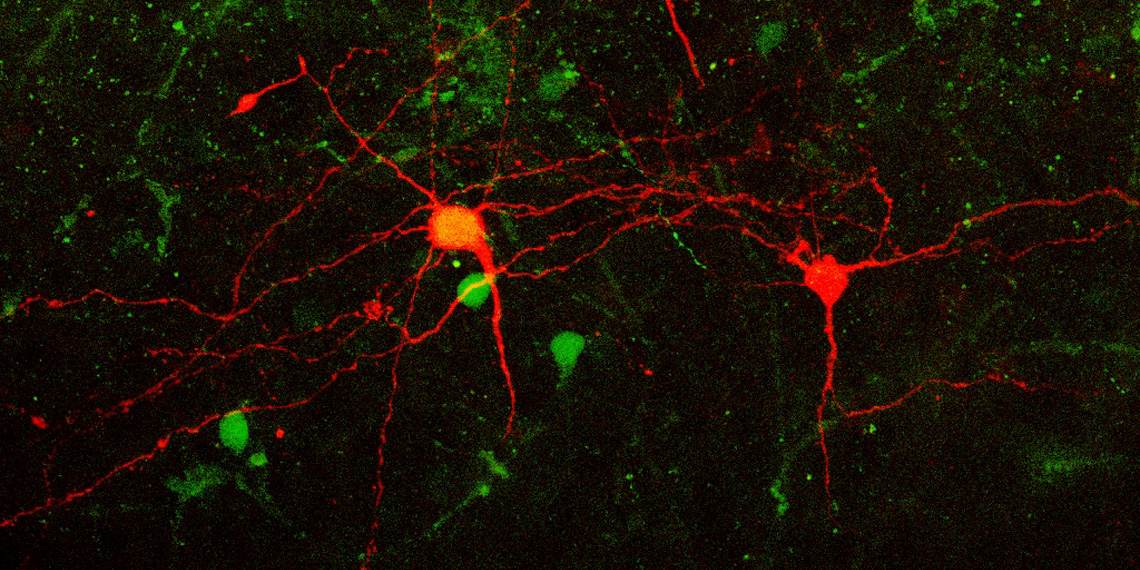
Harvard scientists have found that a single dose of psilocybin given to mice induces a rapid and long-lasting increase in connections between pyramidal neurons in the medial frontal cortex, an area of the brain known to be involved in control and decision-making. Their new findings are published in the journal Neuron.
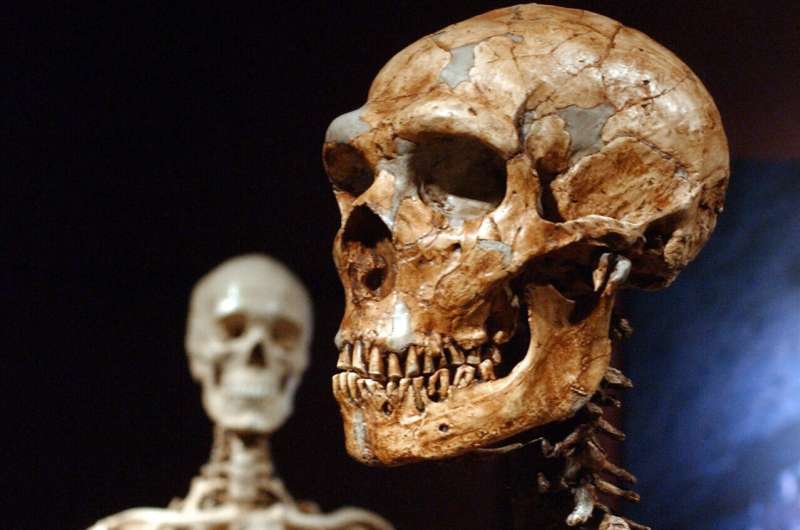
What makes humans unique? Scientists have taken another step toward solving an enduring mystery with a new tool that may allow for more precise comparisons between the DNA of modern humans and that of our extinct ancestors.
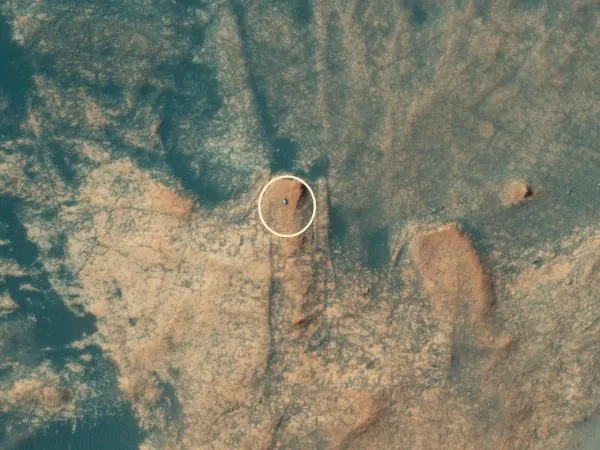
Evidence of ancient life may have been scrubbed from parts of Mars, a new NASA study has found.

One rocket launch produces up to 300 tons of carbon dioxide into the upper atmosphere where it can remain for years.
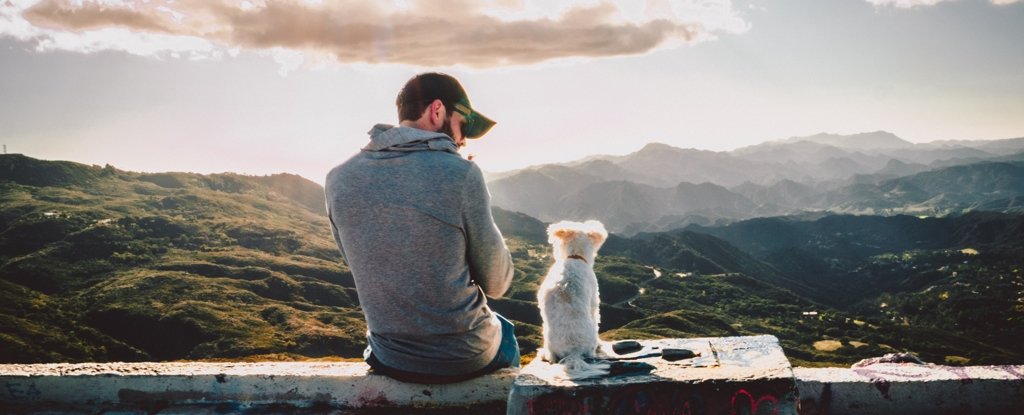
Dogs are born with an innate ability to read human gestures that is not apparent in their closest relative, wolves.
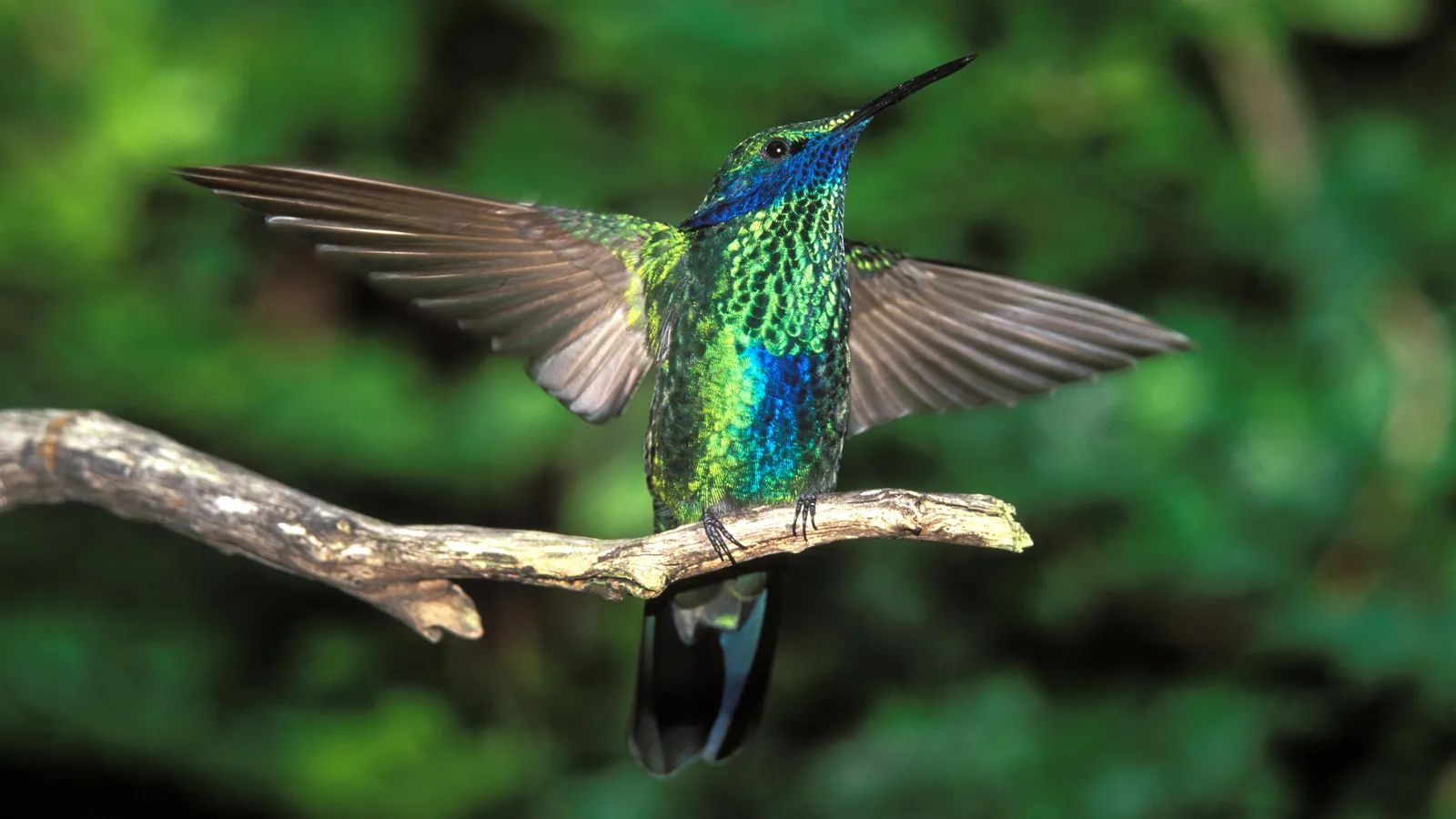
The stories of enigmatic birds told in indigenous folklore aren’t just fascinating tales, they may be a way to preserve languages and cultures at risk of extinction.

A torn 2,300-year-old mummy wrapping — covered with hieroglyphics from the ancient Egyptian Book of the Dead — has been digitally reunited with its long-lost piece that was ripped away.

Low doses of psilocybin and ketamine can heighten food-related motivation and improve attention in poorly-performing male rats, according to new research published in Frontiers in Pharmacology.
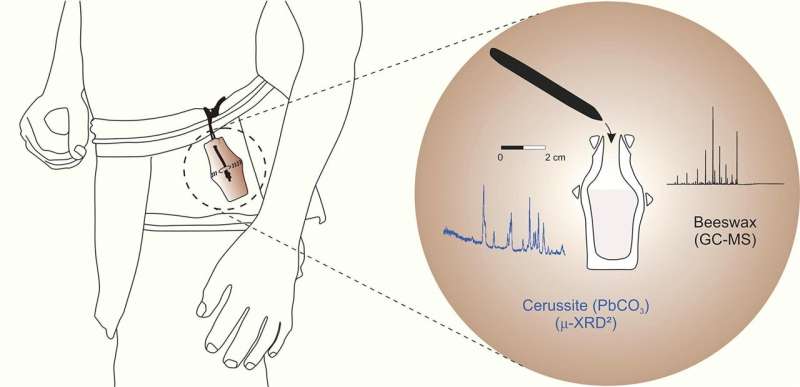
A trio of researchers from Slovenia’s Institute for the Protection of Cultural Heritage of Slovenia at the Centre for Preventive Archaeology and Eberhard Karls Universität Tübingen, in Germany, has found evidence of the oldest known use of cosmetics at a dig site in the Balkans.

For almost 2 decades, genomes isolated from fossils have galvanized the study of human evolution. Yet despite vast improvements in retrieving and analyzing that DNA, researchers have deciphered whole genomes from just 23 archaic humans, 18 of them Neanderthals. This week, however…

In addition to being found naturally in animal tissues, including the human brain, N,N-dimethyltryptamine (DMT) is the primary hallucinogenic compound found in the psychedelic brew known as ayahuasca.

Climate change has already increased the frequency and severity of hurricanes and other extreme weather events around the world. — But there’s a smaller, less splashy threat on the horizon that could wreak havoc on America’s coasts.

A large body of research indicates that egocentrism shapes moral judgments. Now, new research indicates that people not only prefer moral decisions that benefit them, some people — particularly those with high collective narcissism — also display a bias towards moral decisions that benefit their group.
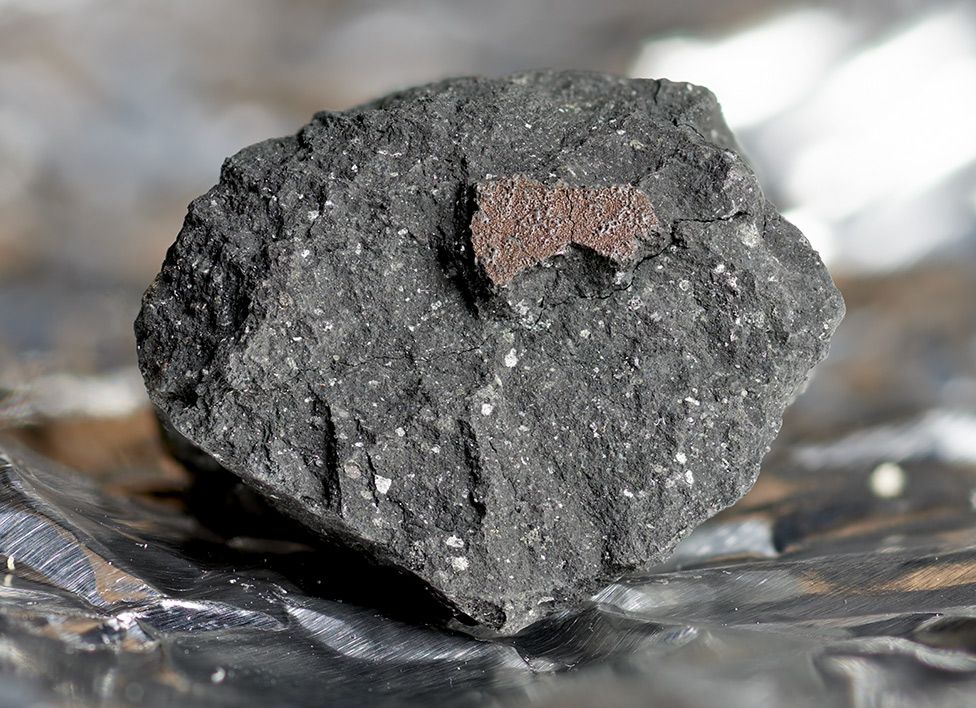
Early work by UK scientists indicates the Winchcombe object dates back to the very beginning of the Solar System, some 4.6 billion years ago.
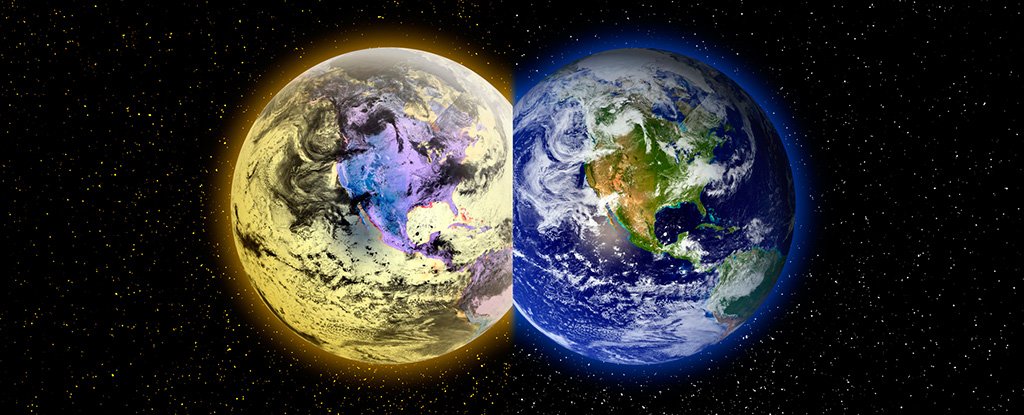
As far as we currently know, there is a single expanding blob of spacetime speckled with trillions of galaxies – that’s our Universe. If there are others, we have no compelling evidence for their existence.
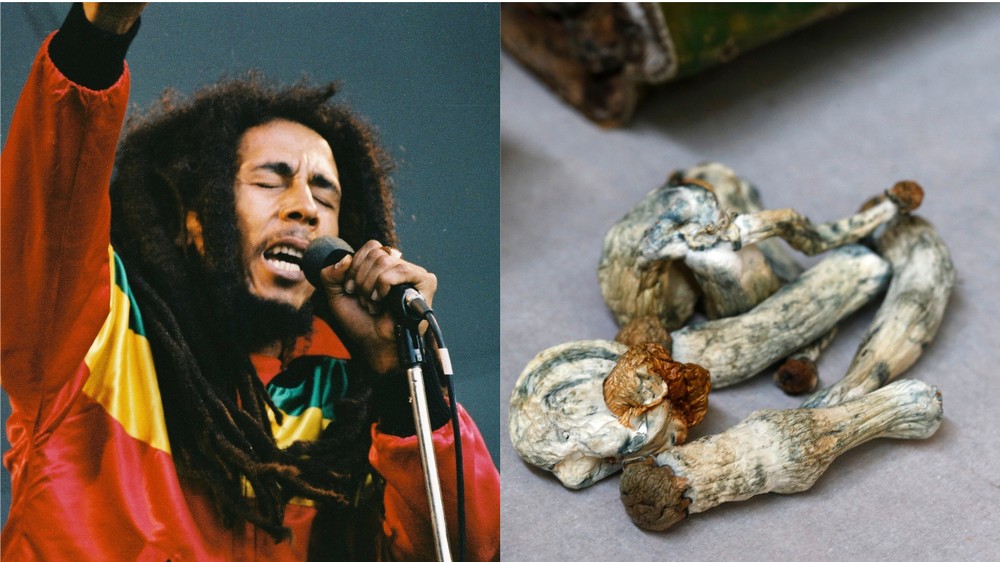
The latest push in the burgeoning psychedelic industry is to lose the whole pesky “psychedelic” element, and it has a surprise backer in the late Bob Marley.








